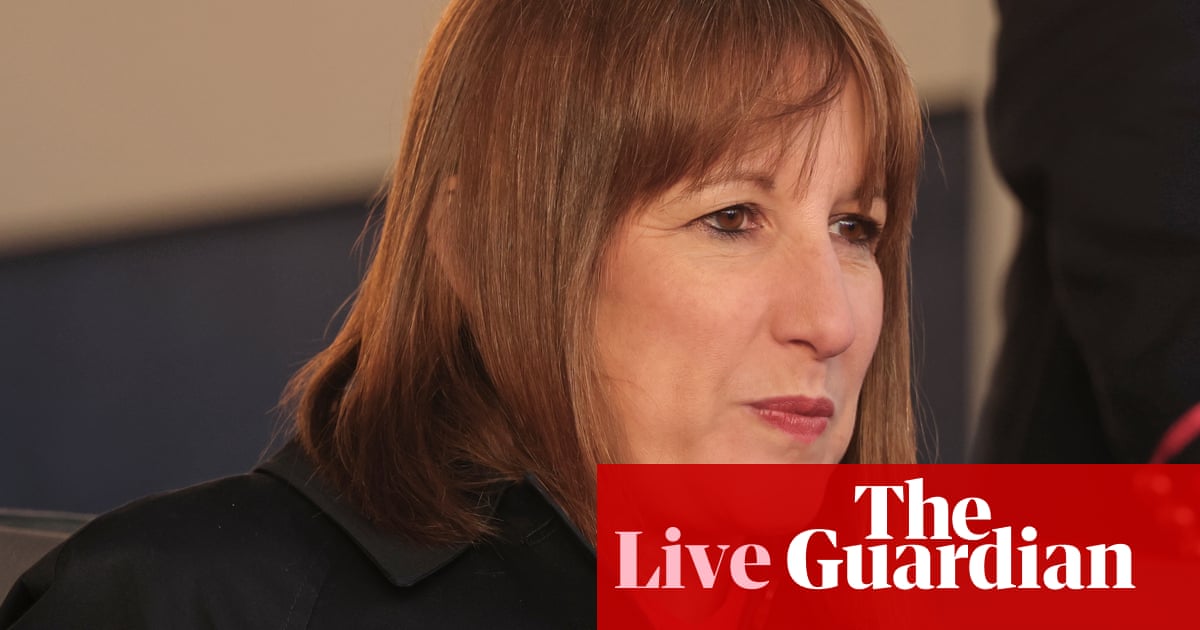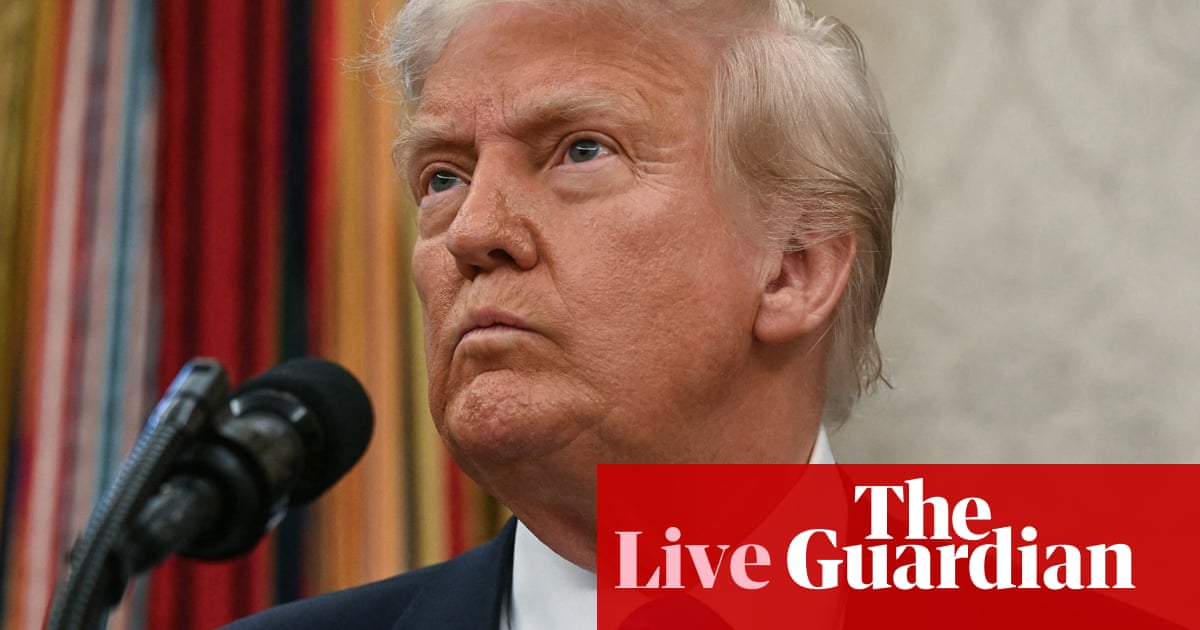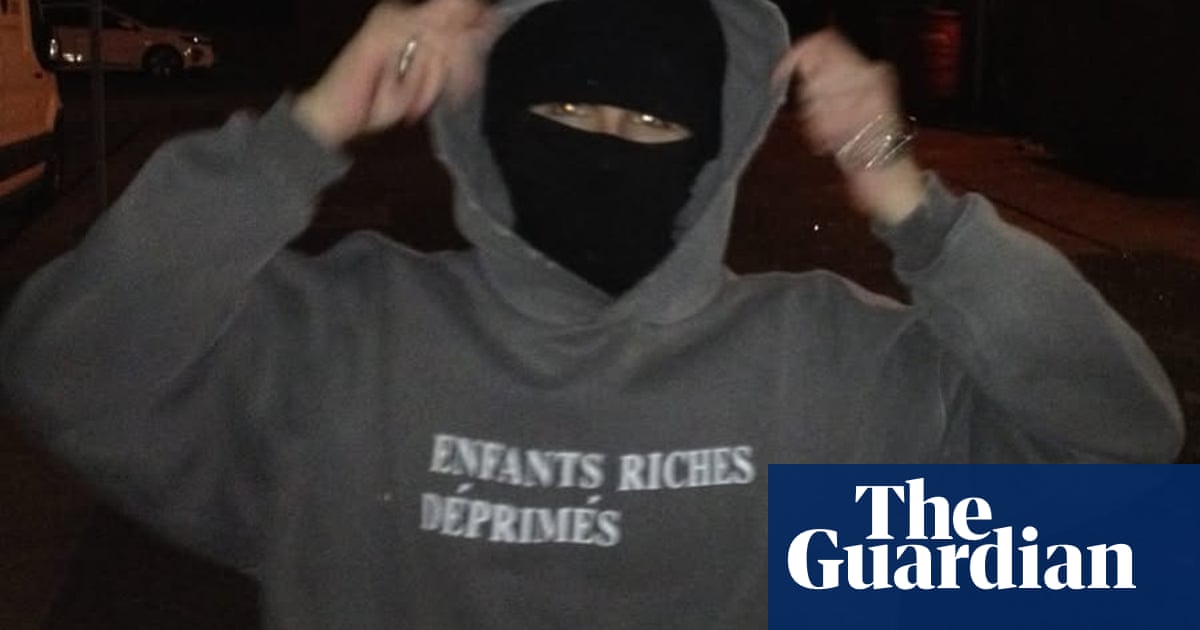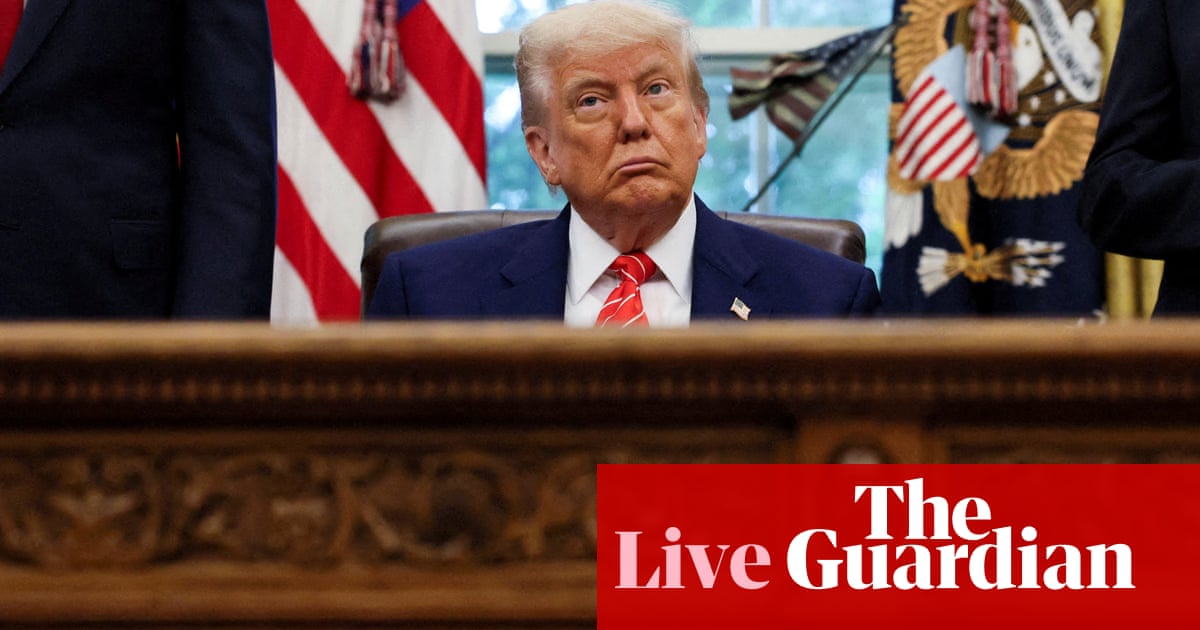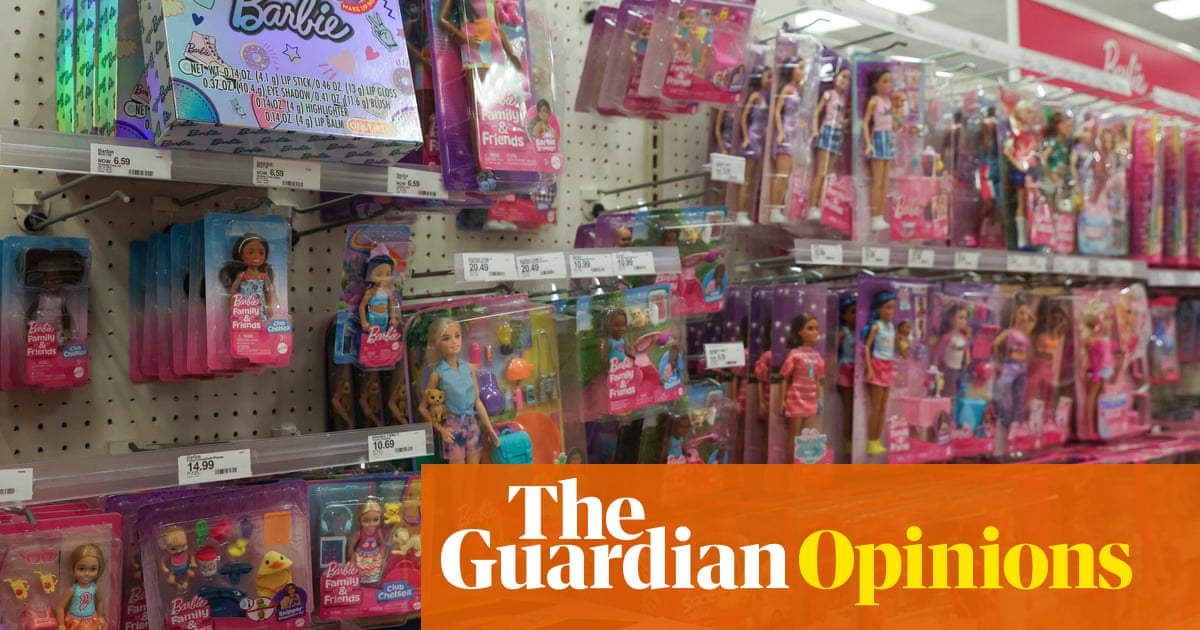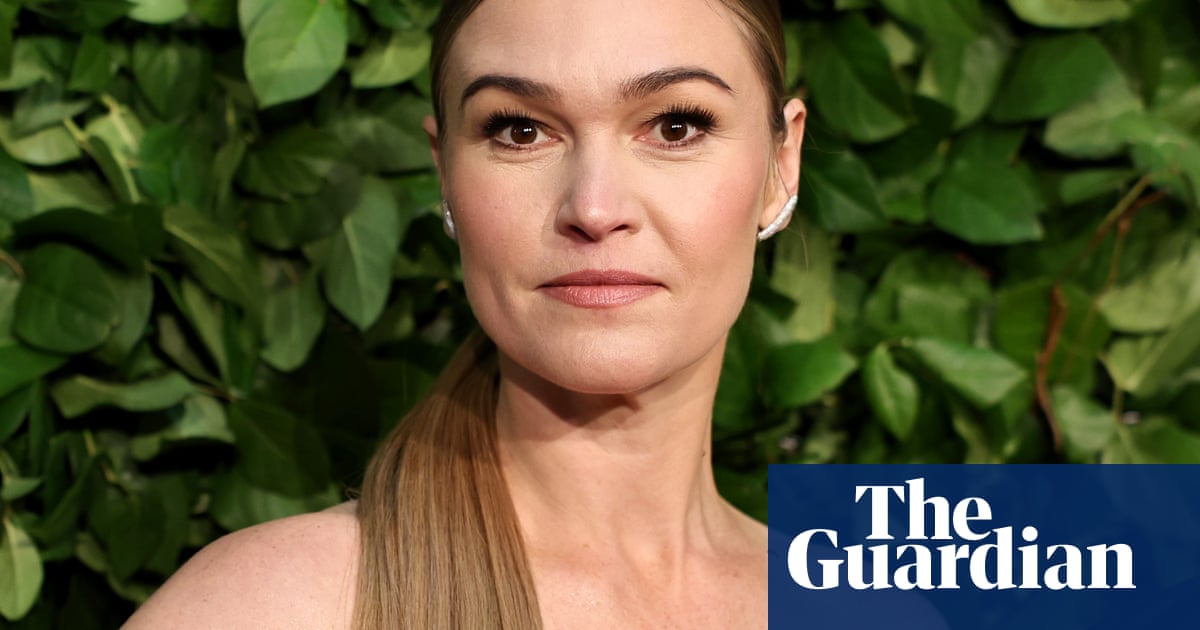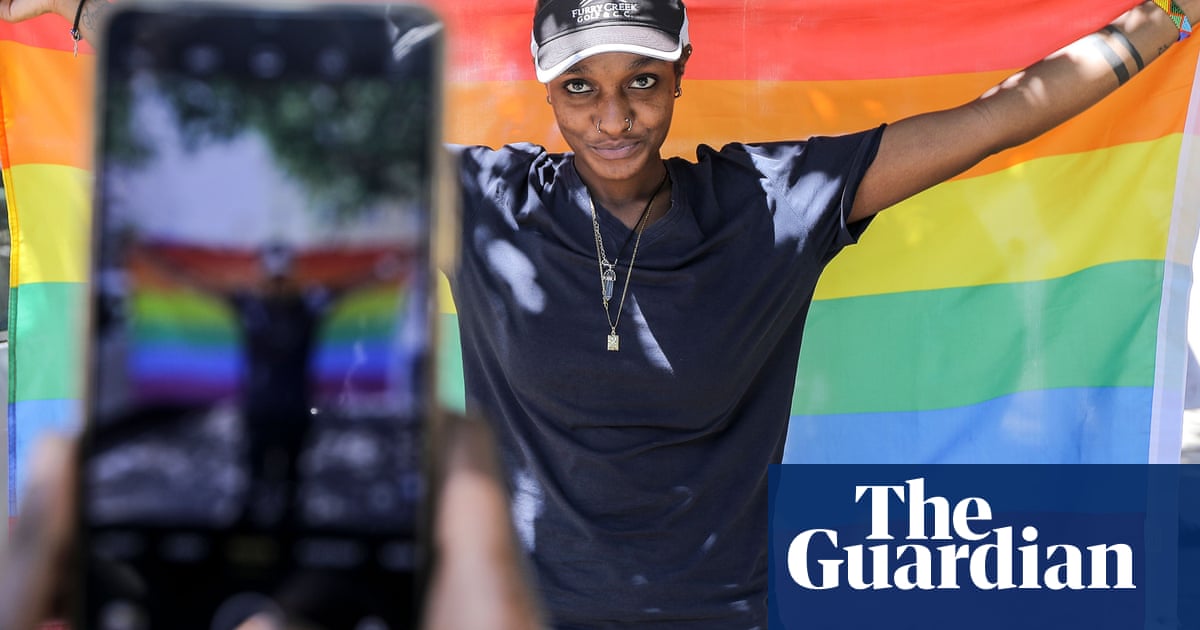The dramatic cancellation of Karla Sofía Gascón, star of multi-Oscar-nominated Emilia Pérez, has left publicists frantically struggling to keep the film in contention with just a week left before final Academy Awards voting opens.
It has also led many people in the industry to re-evaluate their strategies and priorities. Despite the indisputable offensiveness of unearthed social media posts by Gascón, some are questioning the wisdom of ostracising her so comprehensively.
Speaking to the Guardian, a number of senior film publicists raised concerns over whether those working on the film, both during its making and its marketing, had, in the words of one veteran PR, “chucked her under the bus – then reversed it back over her body”.
“Those tweets were despicable,” they continued. “But everyone was on board for this amazing fairytale: an unknown becoming the first ever [out] trans actor up for an Oscar.” That magical narrative, said another, curdled into “the absolute worst case scenario”.
Another veteran of the awards circuit said they had been particularly surprised by the coldness of the response of Emilia Pérez’s director, Jacques Audiard, who said of his maligned star: “I haven’t spoken to her, and I don’t want to.”
“I think he’s trying to protect the remaining nominations [Emilia Pérez has 13 in total] by distancing himself from Gascón,” said one insider. “But what’s really horrifying to me is that the most vulnerable person in the film, who previously was lauded and even fetishised, is now bearing the brunt of the ire and receiving no support.”
On Thursday, Garcón posted on Instagram to say that, following a tearful Spanish TV appearance over the weekend, she would be stepping away from the media to allow the film to speak for itself.
This follows reports that Netflix was no longer including her in its campaign or covering any of her expenses for attending events. She has also been dropped by her Spanish publisher.
Journalist Ryan Gilbey says that when he interviewed Gascón in October, the star’s garrulousness was widely acknowledged as central to her saleability, just as her personal journey – transitioning around a decade ago – was key to Audiard’s realisation of his drama about a Mexican cartel leader who transitions.
“I think it makes it even more unsightly that the wrongdoer is someone who doesn’t know how to work the Hollywood machine politically, and has just kept digging a deeper hole for herself,” said Gilbey.
“So now the denouncing of her has blurred into a vicious glee at this absolute rube who doesn’t know how to apologise properly or shut up – it’s like Jade Goody syndrome, and it’s the very quality that people found refreshing about Gascón when she was being unfiltered and tearful in interviews, or when accepting the best actress award at Cannes for herself and her co-stars.”

Such volatility, coupled with a lack of experience or apparent support, means “her next moves are quite hard to call”, cautioned one publicist. “Over the weekend, she was clearly freaking out, as anyone would.
“She seems calmer at the moment, but what’s happened would be disastrous for anyone’s mental health. Representing someone who is quite naive on such a high-profile film should come with a duty of care, which I don’t think has been fulfilled.” The decision to instead cold-shoulder her “feels like a gamble”.
Only one of the publicists the Guardian spoke to believed that the resurfacing of Gascón’s posts on X, and the traction they rapidly accrued, were the result of a hit campaign by a rival Oscar contender, as the actor herself suggested.
A more common theory, as advanced by Variety executive editor Steven Gaydos, was that it was the work of an independent journalist “appalled by the tone and the content, [who] felt it was an important story. Old-fashioned shoe-leather journalism still wins the day.”
Gaydos and everyone the Guardian spoke to expressed amazement that none of the teams working on the film had appeared to sufficiently vet Gascón’s past postings on X. “Social media searching and scrubbing will now be task one for any film or person in an awards race,” says Gaydos.
“If Netflix boss Ted Sarandos, who’s spent millions campaigning for awards for the film, finds out this social media history was known, and not surfaced to him by anyone on his team … watch this space.”

One reason for such oversight may have been that Emilia Pérez’s path to Oscar nominations was not short of obstacles, with gay, trans and Mexican communities all criticising the film. Amid such firefighting, crucial details were apparently overlooked.
Another reason could be that the liberal-leaning Hollywood community assumed the views of a trans woman of Hispanic heritage would largely mirror their own. That they were wrong will have strengthened their kickback.
This is what happens, says one PR, when Oscar voters participate in “their annual performative patronage of marginalised communities. The frenzy around awards means there’s very little inquiry or self-reflection until it’s too late.”
A scapegoat is needed, who, if they don’t immediately roll over, can easily turn into a sacrificial lamb. “The frantic race we’re seeing to condemn her over and over again,” says Gilbey, “contains that strain of Hollywood self-righteousness, that rush to say: ‘Look! We caught one of our own doing bad! That means we’ve defeated racism and hate and Islamophobia. All good now?’”
Ironically, it has meant that the industry is piling on to a member of an increasingly marginalised community. In an interview with the Spanish newspaper El Mundo on Tuesday, Antonio Banderas said Gascón deserved the benefit of the doubt, adding that he felt she had also been the victim of transphobia.
“I’m from Andalucía,” he said, “and in Andalucía, there’s forgiveness for every sin. If she’s asked for forgiveness, then she’ll get it from me. But, in any case, I think they’ve gone after her. There’s a lot of transphobia.”
Gilbey, who is the author of It Used To be Witches, a history of queer cinema out later this year, agrees: “The sort of gloating, protracted attacks that she’s receiving now would be distasteful whomever it was happening to, but we shouldn’t pretend that everyone would get the same treatment in her situation or that marginalised people aren’t held to different standards.
“I’d like to think anyone who made the sort of remarks that she has would receive the appropriate level of censure, but it’s no effort to think of straight cis men who have come back to awards and nominations and sellout tours after a year or two on the naughty step.”
The Hollywood PR machine will be working overtime for the next three weeks, to try to spin something positive from this unhappy lapse. “It’s a new world,” says one publicist. “Social media means people behind the scenes have far less control than they used to.”
The case of Karla Sofía Gascón will change the landscape – but only until the plates shift again. “Things have got really out of hand, and really ugly,” the publicist says.
“And now Trump’s back in, ugly is exactly what you don’t want from the movies. The Oscars are meant to be light and escapist. This is heavy. There are no real winners in a witch-hunt.”

 2 months ago
72
2 months ago
72
